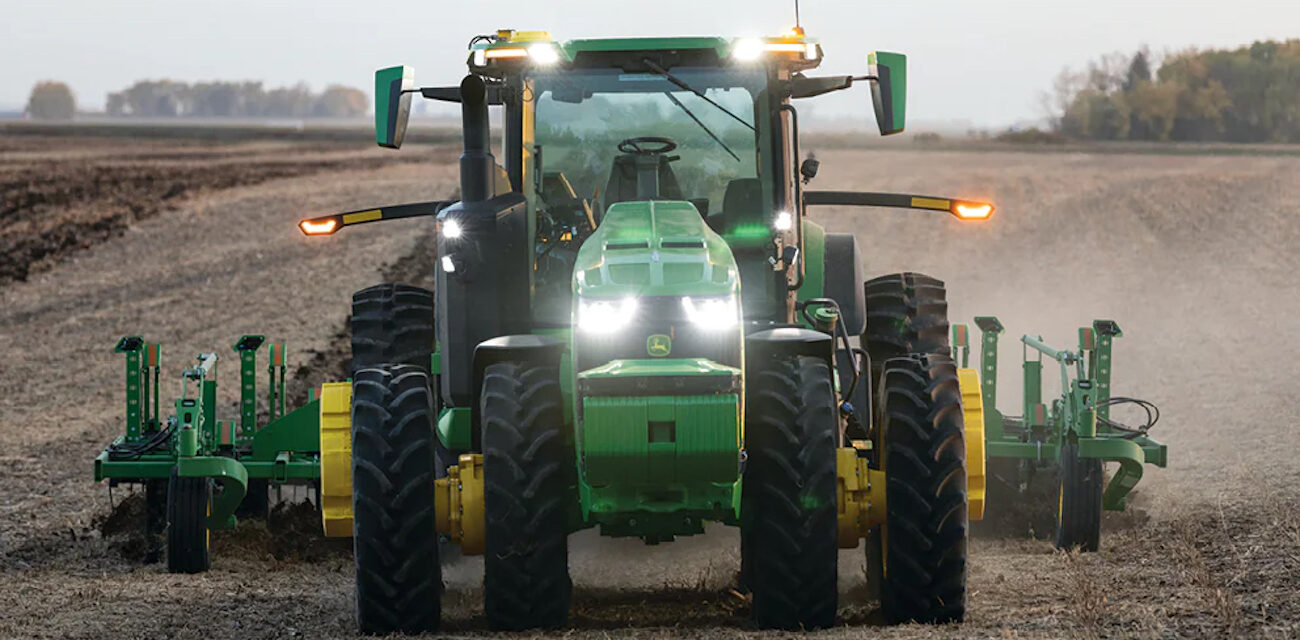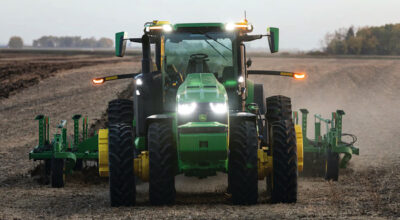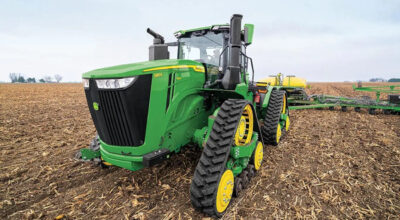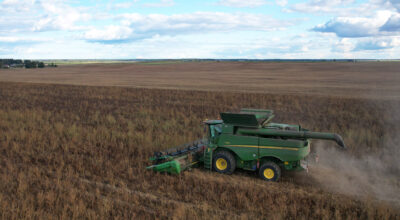When it comes to completing everyday tasks around the farm, agricultural producers know how critical it is to have a reliable labor force on hand to help them tackle daily responsibilities. However, autonomous farming is changing the way both small- and large-scale operations work by altering the labor force — literally. New agricultural equipment, such as seed-planting robots, are changing how farmers work, boosting efficiency and productivity alike.
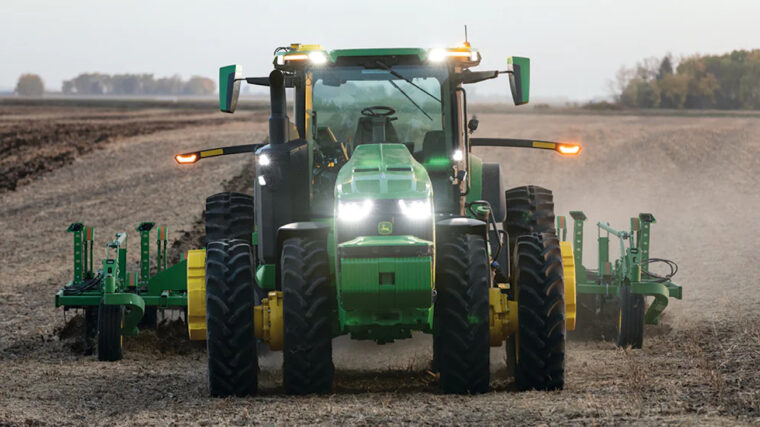
How Does Autonomous Farm Equipment Work?
Autonomous farm equipment is still new to many who work in the agricultural industry, but it is catching on quickly. Equipment, such as the driverless tractor, has been evolving for decades.
Fully autonomous tractors operate through the use of lasers that reflect off of transponders located throughout the field. Supervised autonomous tractors utilize vehicle-to-vehicle technology and communication — a wireless connection between two tractors exchange and share data while operating.
What Are the Benefits of Autonomous Tractors?
There are several benefits associated with autonomous tractors. Many utilize the same sensors and systems that self-driving vehicles use, and their auto-steering systems make work possible in low-visibility conditions. Automatic planting systems can provide operators with peace of mind, thanks to their enhanced accuracy. The reduced workload on employees can also keep labor forces strong and productive.
With sensors, autonomous tractors can typically collect data as they work. This gives farmers the information they need to take care of their crops and potentially boost their yield. Insight into soil moisture and health can also make all the difference when it comes to making sure that everything is running smoothly throughout the growing season.
How Autonomous Farming Will Change Agriculture
Within the coming years, the autonomous farm equipment market is expected to grow tremendously as agricultural producers look to leverage new technology, such as artificial intelligence. The increasing need for machinery to handle everything from crop monitoring to spraying is also expected to drive the market. As agricultural producers look to rely less on human labor and more on technology, they will likely see the benefits sooner rather than later. Autonomous farming equipment is designed with both productivity and efficiency in mind, making it easier for operators to sustain their profits while providing a top-quality product.
Autonomous Tractors
Autonomous tractors will inevitably cut down on the number of hours agricultural professionals need to spend out in the field. Farmers will be able to manage these machines right from their phone or computer. With the ability to work around obstacles with ease from afar, agricultural producers will have more time to tackle other responsibilities on a daily basis. There will ultimately be less downtime as well, giving farmers the flexibility they need to monitor their operation for efficiency throughout the workday.
Autonomous Sprayers
Autonomous sprayers are also expected to play a crucial role in the future of agriculture, something John Deere understands all too well. Deere and Company recently established a joint venture with GUSS Automation, a California-based agricultural technology company, to address the challenges facing orchard and vineyard operators. By working together, the two companies will further product innovation and enable the success of autonomous sprayers, something the GUSS team already has a deep understanding of. Through the use of autonomous sprayers, farmers can eliminate the need for additional resources, reducing labor costs and boosting overall productivity. They can also better control application rates and sprayer speeds across all fields to ensure maximum efficiency.
Final Thoughts
Whether you’re thinking about implementing some autonomous farming equipment or you’re simply interested in learning more, there is much to discover in this area. Autonomous technology is allowing farmers to reclaim hours in their workday to tackle other tasks while relieving the pressure on their staff. It is also providing them with accurate data to make more insightful decisions on a daily basis, ultimately boosting production while helping them sustain their overall bottom line.
Want to learn about the role John Deere plays in advancing autonomous farming? Watch the video below!
Contact your local John Deere dealer today to explore a range of farming equipment and technology near you.
If you enjoyed this post or want to read others, feel free to connect with us on Facebook, Pinterest, Twitter, or Instagram!
